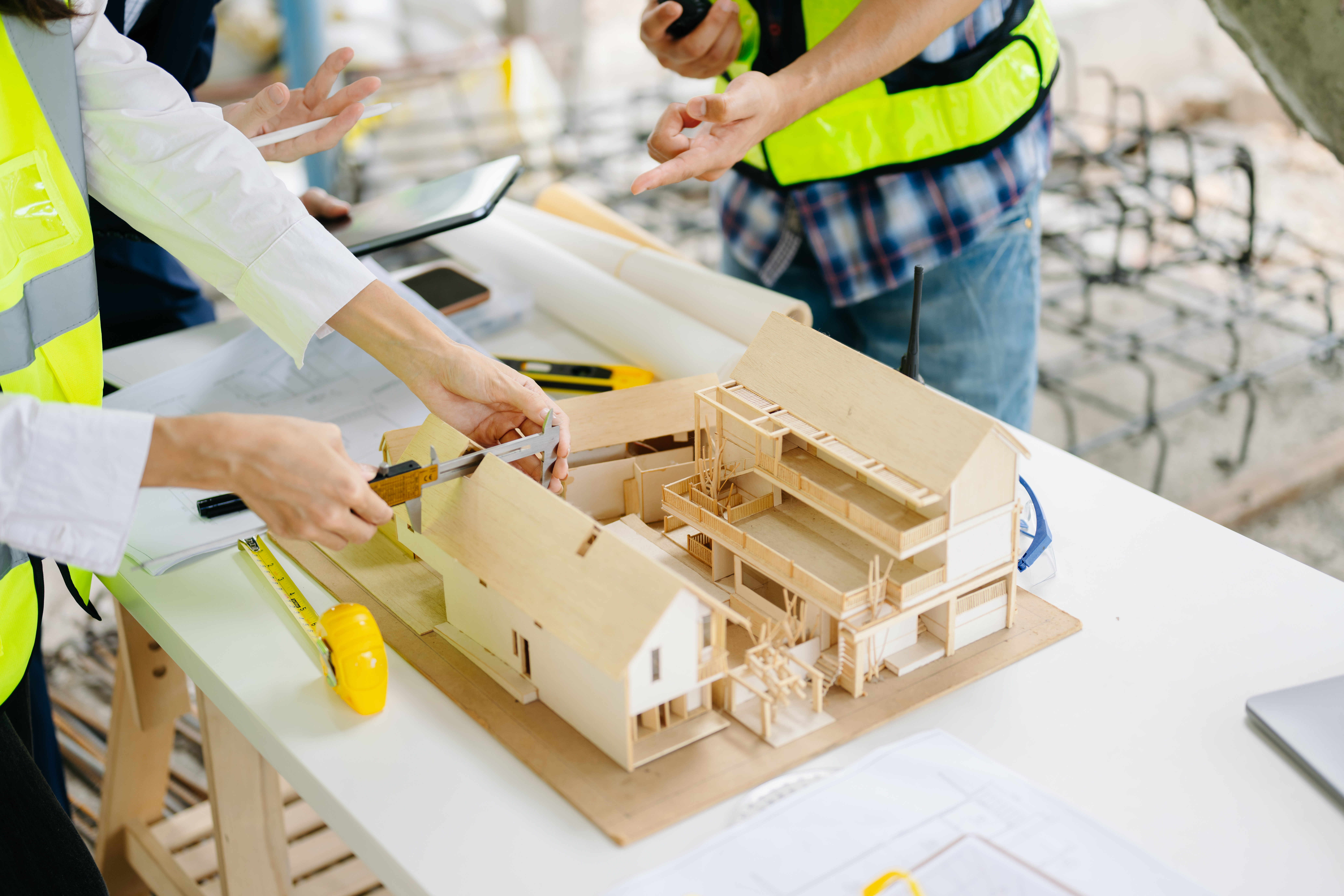Smart Engineering Practices: Building Pakistan's Future
Pakistan stands at the edge of transformation. With rising urbanization, a growing population, and critical infrastructure needs, the country requires more than traditional construction methods—it needs smart engineering practices that are efficient, sustainable, and future-ready.
Smart engineering isn’t just about adopting new technologies. It’s about combining innovation, strategic planning, and responsible design to address challenges and unlock long-term benefits. This approach is key to building a stronger, greener, and more resilient Pakistan.
What Are Smart Engineering Practices?
Smart engineering involves using advanced technologies, data-driven systems, and sustainable materials to design and construct smarter infrastructure. It includes methods like Building Information Modeling (BIM), IoT integration, green building strategies, and AI-powered project management.
Why Pakistan Needs Smart Engineering Now
1. Rapid Urban Growth: Pakistan’s cities are expanding fast. Smart engineering helps create urban systems that are efficient, scalable, and people-centric.
2. Climate Resilience: With increasing environmental challenges, smart practices offer sustainable solutions that reduce carbon footprint and improve disaster preparedness.
3. Resource Optimization: Using intelligent systems and design methods, engineers can minimize waste, cut costs, and extend the life of infrastructure projects.
4. Technology Integration: Tools like drones, 3D scanning, and smart sensors are helping Pakistani engineers monitor, design, and manage projects more precisely than ever before.
5. Job Creation & Innovation: The shift to smart practices is fueling demand for skilled professionals, driving research, and fostering a tech-driven ecosystem.
Emerging Projects & Success Stories
Across Pakistan, examples of smart engineering are beginning to emerge. From solar-powered smart grids in Balochistan to eco-friendly housing schemes in Lahore, these projects are proving that intelligent design leads to impactful results.
Education and Policy Support
For smart engineering to thrive, collaboration is key. Educational institutions, government bodies, and private sector firms must align efforts through updated curricula, skilled training programs, and supportive regulatory frameworks.
Conclusion: The future of Pakistan lies not just in what we build, but in how we build it. Smart engineering practices offer the tools and mindset needed to solve today’s challenges and shape tomorrow’s possibilities. As we invest in infrastructure, let’s also invest in intelligence, innovation, and sustainability.
Smart engineering isn’t optional—it’s the blueprint for Pakistan’s future.

